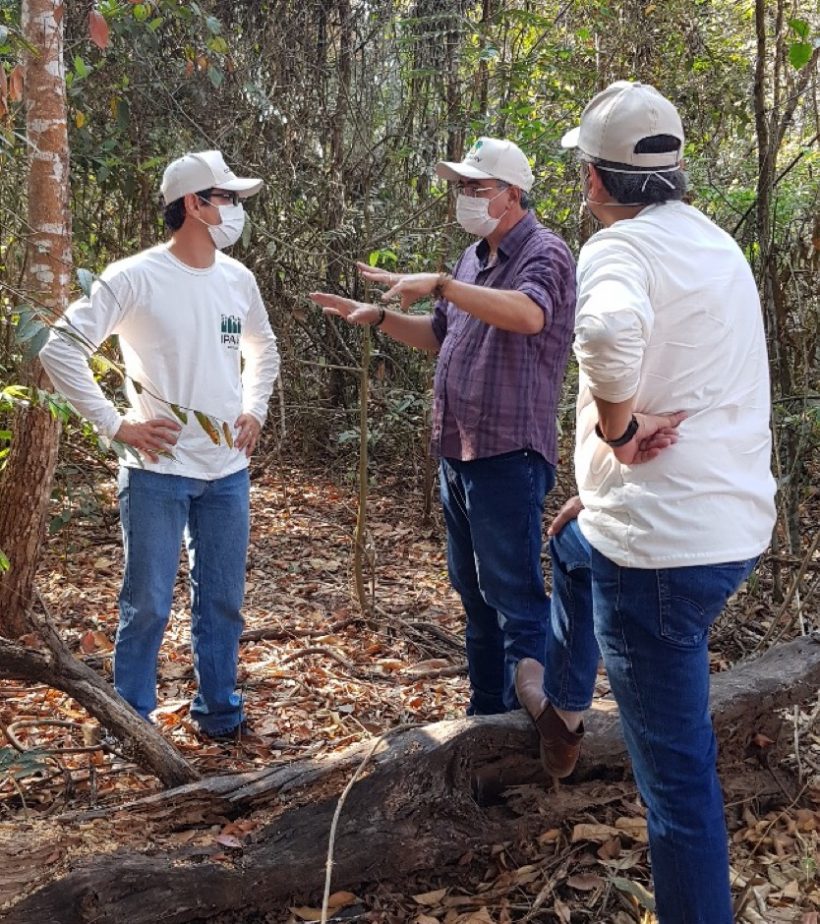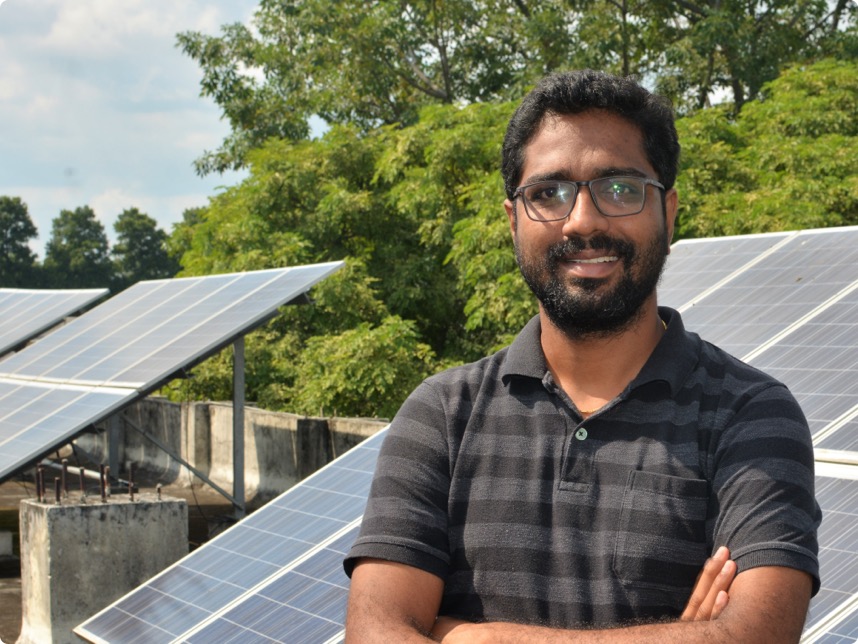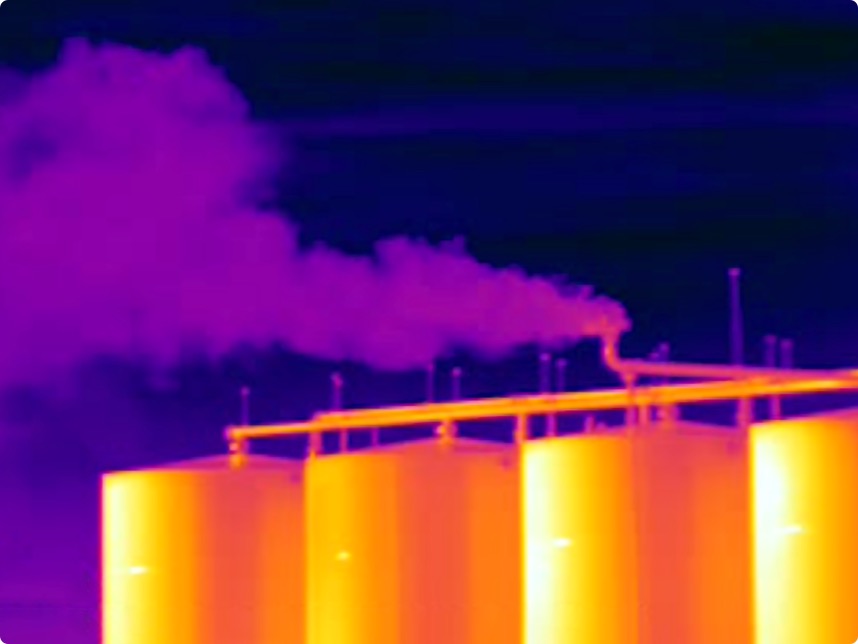Two decades ago, EDF and Brazilian partners pioneered the concept of paying those who reduce greenhouse gas emissions by preserving tropical forests. Today, that idea has blossomed into LEAF (Lowering Emissions by Accelerating Forest finance), an innovative fund that aims to save large-scale tropical forests and help the Indigenous people who defend them. The coalition of three governments and 19 leading businesses has already mobilized an initial $1 billion, with much more to come. LEAF aims to launch a new international market for tropical nations to sell carbon credits to private companies, where the credits are tied to genuine and verifiable reductions in deforestation at the scale of whole countries or states.
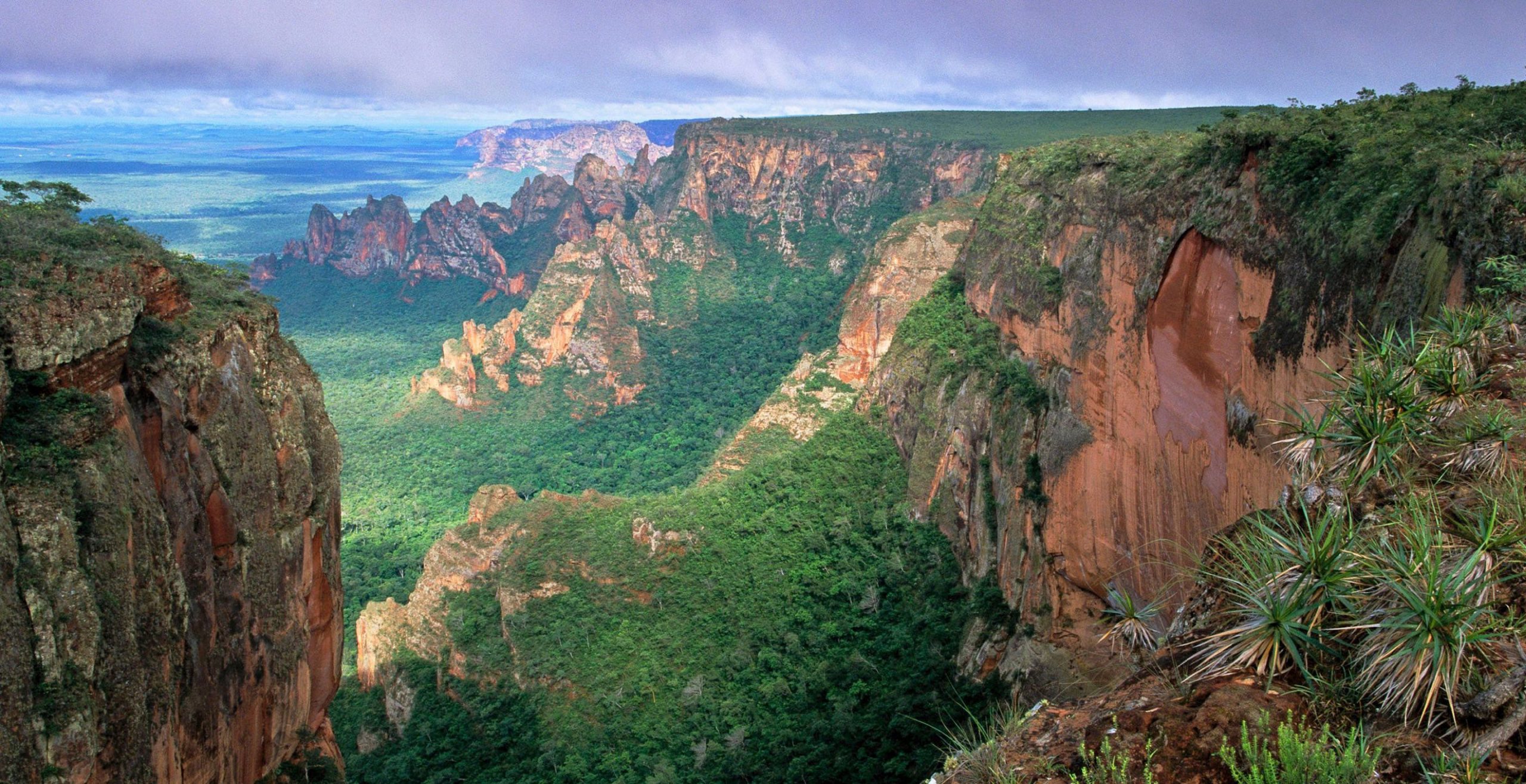
Breakthrough investment to save rainforests
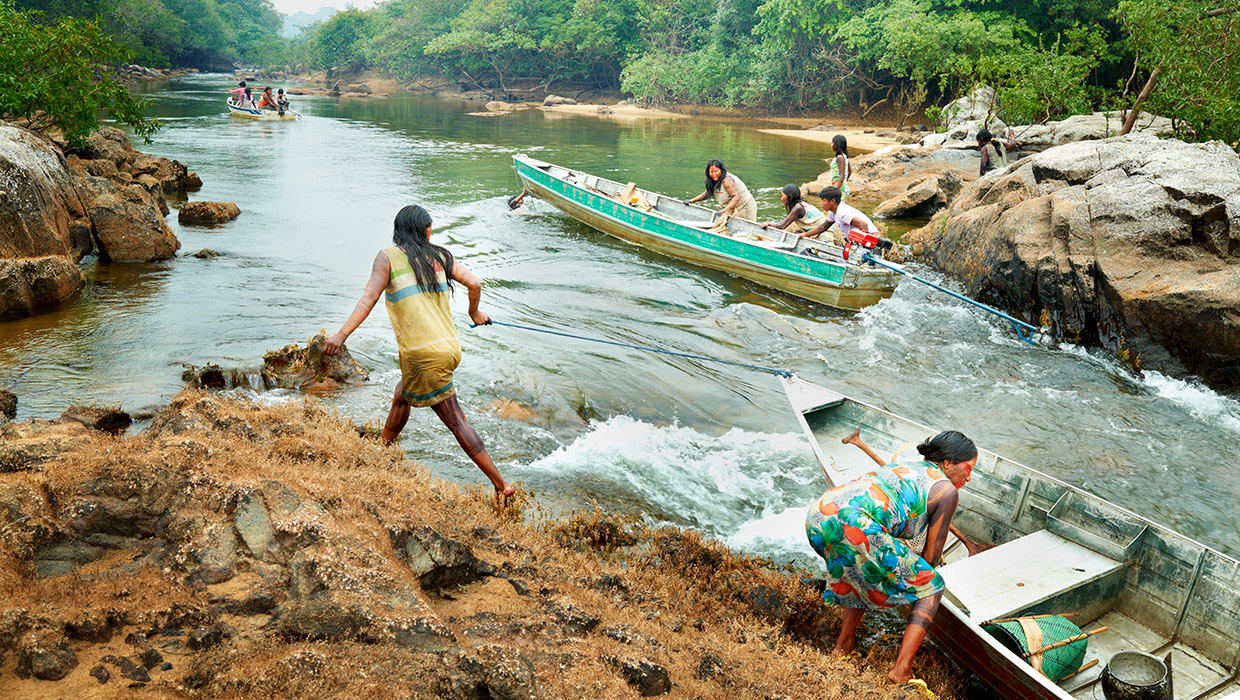
8.3 million acres
From 2002 through 2019, global tropical forest loss averaged 8.3 million acres a year — an area larger than Belgium.
EDF helped establish the infrastructure for LEAF and recruit many of the founding companies, including Salesforce and Airbnb. The initiative already represents the largest private sector investment ever aimed at saving these threatened ecosystems. And it is expected to grow rapidly — channeling tens of billions of dollars toward the goal of ending all tropical forest loss by 2030.
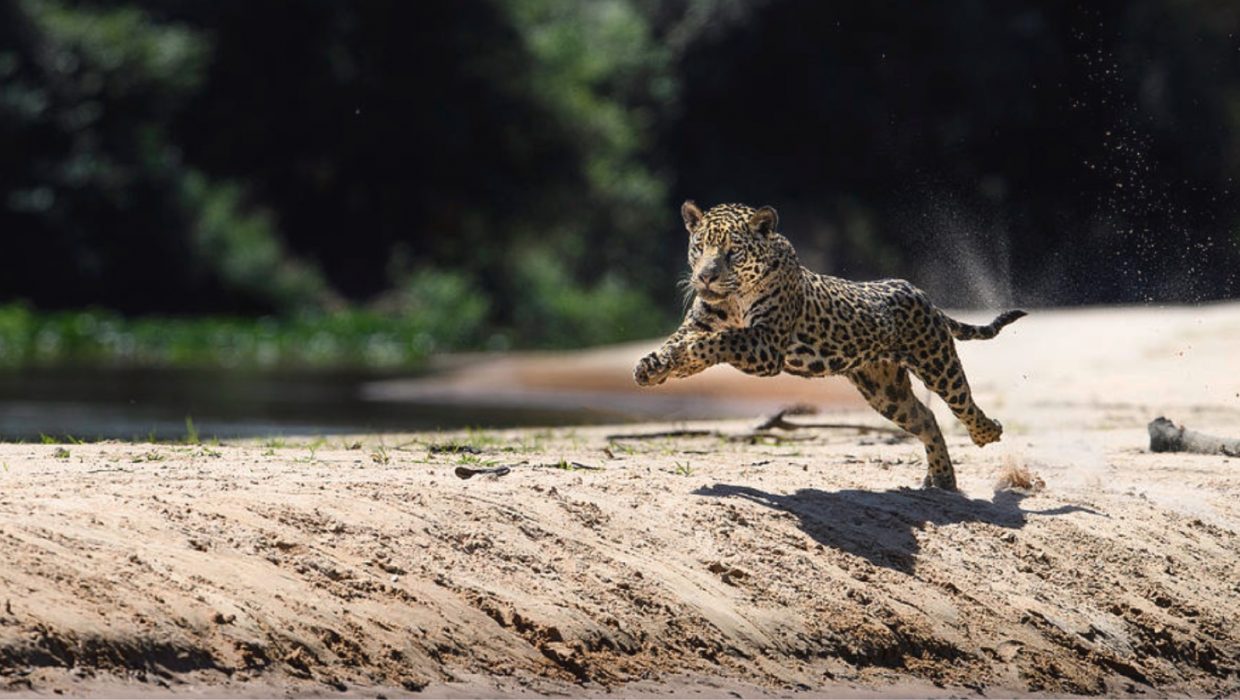
Saving tropical forests is critical to the fight against climate change. They store and sequester vast amounts of carbon dioxide, and are home to many Indigenous peoples and forest communities. They also shelter and sustain more biodiversity than any other terrestrial ecosystem on Earth. Ending forest loss, coupled with reforestation, could reduce global greenhouse gas emissions by at least 25%.
“There is no way to stabilize the climate without protecting tropical forests,” says Steve Schwartzman, EDF’s senior director of tropical forest policy. “So we must make trees worth more alive than dead.”
“EDF dreams big, and the LEAF Coalition is the realization of one of those bold dreams. It's a game-changer in our fight to save the tropical forests that protect our planet.”
What’s next?
Carbon markets could help the world double its emissions reductions at no extra cost and voluntary markets are booming. But many lack consistent standards and oversight. EDF experts are working on multiple initiatives alongside the Nature Conservancy, World Resources Institute, Conservation International, Oeko-Institut and many others to expand the use of voluntary carbon markets that use high quality credits and meet rigorous, global standards.
Protecting forests on farmers’ land
Marcelo Stabile, of the Amazon Environmental Research Institute (standing at left, with farmers), is working with EDF and the Woodwell Climate Research Center on a pilot project that compensates farmers in the state of Mato Grosso for preserving forest on their property: “For 20 years, farmers have heard rumors about programs that pay for keeping trees standing. But for the farmers I work with, this is the first time anyone has come to them with a real plan. The pressure to clear land will always remain, but as this region suffers through the worst drought in decades, there is a growing understanding that a future in farming depends first of all on a stable climate.”
